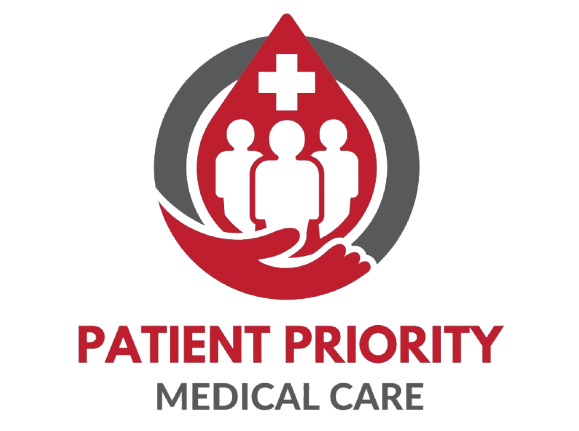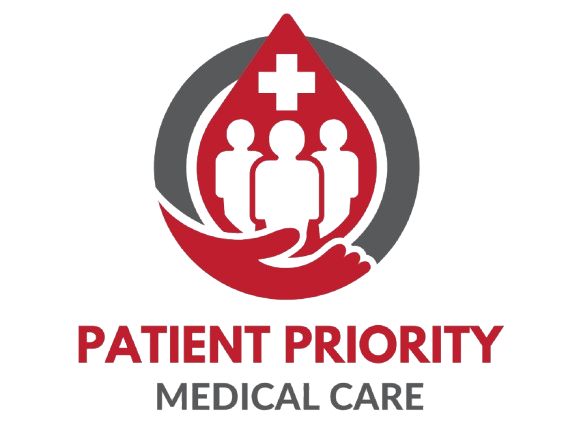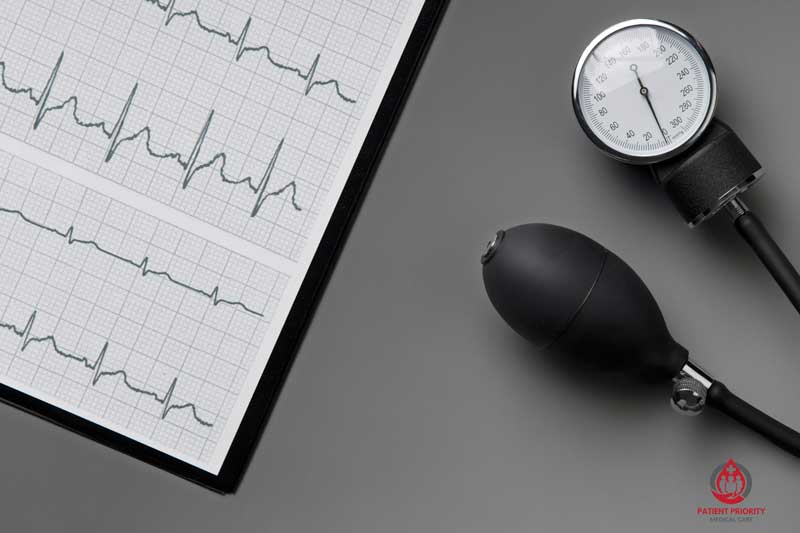Importance of regular check-ups for well being of both physical and mental health.

Regular check-ups are essential for maintaining good health at every age. At Patient Priority Medical Care PC believe in proactive, preventive care that helps our patients catch potential health issues early and stay on track with their wellness goals. Knowing when to schedule a check-up can sometimes feel overwhelming, so we’re breaking down the key milestones and guidelines to help you stay healthy and informed.
Why Preventive Care Matters
Preventive care allows for early detection and treatment of potential health problems before they become serious. By seeing your primary care provider regularly, you can monitor your health status, receive tailored lifestyle guidance, and manage risk factors that may impact your future health. Regular check-ups are vital for everyone, as they not only support immediate health needs but also establish a strong foundation for long-term wellness.
Key Check-Up Milestones by Age
1. Early Childhood (Ages 0-5)
Regular pediatric visits are essential during the early years, typically occurring at birth and then at intervals during infancy and childhood. These check-ups monitor growth, development, vaccinations, and screenings for any developmental concerns. The American Academy of Pediatrics recommends check-ups at least every few months during the first few years.
2. School Age to Adolescence (Ages 6-18)
Children and teenagers should see their primary care provider annually for routine exams. During these visits, doctors assess physical growth, mental health, and overall wellness, as well as administer any necessary vaccinations. These years are also critical for discussions about healthy habits, nutrition, and the impact of lifestyle choices on health.
3. Young Adults (Ages 19-39)
Starting in your 20s and continuing through your 30s, it’s recommended to have a general health check-up at least once every 1-3 years, depending on individual health needs. Key screenings for young adults may include blood pressure, cholesterol, and mental health assessments. For women, annual gynecological exams are important, and for men, discussions around testicular health and lifestyle factors are essential. Maintaining a relationship with a primary care provider during these years helps address any emerging health concerns early on.
4. Middle Age (Ages 40-64)
During middle age, regular health screenings become increasingly important to detect risks associated with aging. Annual check-ups are generally recommended, with specific screenings such as blood sugar tests, cancer screenings (mammograms for women, prostate exams for men, and colonoscopies for both genders starting at age 50 or earlier if there is a family history). Many chronic conditions, like diabetes, high blood pressure, and heart disease, often develop during these years, making it vital to maintain a consistent preventive care routine.
5. Seniors (Ages 65+)
For individuals over 65, annual check-ups are essential. These visits help manage chronic conditions, monitor for cognitive health issues, and assess mobility and risk of falls. Preventive screenings continue, with updates to vaccinations (such as the pneumonia and shingles vaccines) and additional screenings for osteoporosis and other age-related conditions. Seniors may benefit from more frequent visits to address multiple health concerns and ensure overall quality of life.
Key Preventive Screenings by Age Group
20s and 30s: Blood pressure, cholesterol, BMI, mental health, skin checks, and for women, cervical cancer screenings.
40s and 50s: Regular checks of blood pressure, cholesterol, glucose levels, and screenings for breast cancer (women) and prostate cancer (men). Colonoscopies typically start at 50.
60s and Beyond: Annual blood tests, hearing and vision assessments, osteoporosis screening, and updated vaccinations (e.g., flu, pneumonia, shingles).
Additional Considerations for Check-Ups
Family History: If you have a family history of conditions like heart disease, cancer, or diabetes, your doctor may recommend more frequent screenings.
Lifestyle Factors: Smokers, individuals with sedentary lifestyles, or those with high-stress levels may require tailored check-up schedules to manage associated health risks.
Health Changes: Experiencing new symptoms, such as unexplained fatigue, weight loss, or persistent pain, is a reason to schedule a check-up promptly.
Scheduling Your Next Check-Up at Patient Priority Medical Care PC
At Patient Priority Medical Care PC, we’re committed to supporting your health at every milestone. We encourage patients to reach out to our team to schedule their preventive care check-ups and discuss personalized health plans that fit their unique needs. Whether you're due for an annual check-up, need specific screenings, or simply want guidance on maintaining a healthy lifestyle, our dedicated providers are here to help.
Preventive care is the best investment in your health—schedule your next check-up with us and take a proactive step toward a healthier future.






